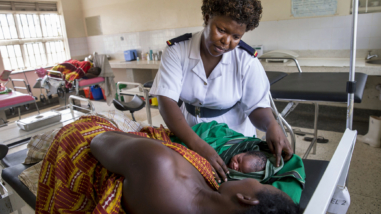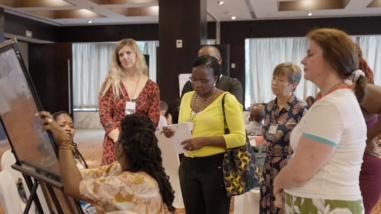Institute for Women's Policy Research
For The Creation Of A Center Focused On Economic Aspects Of Reproductive Rights For Women
-
Amount$900,000
-
Program
-
Date Awarded6/5/2021
-
Term36 Months
-
Type of SupportProject
Strategies
About the Grantee
Grantee Website
www.iwpr.org


